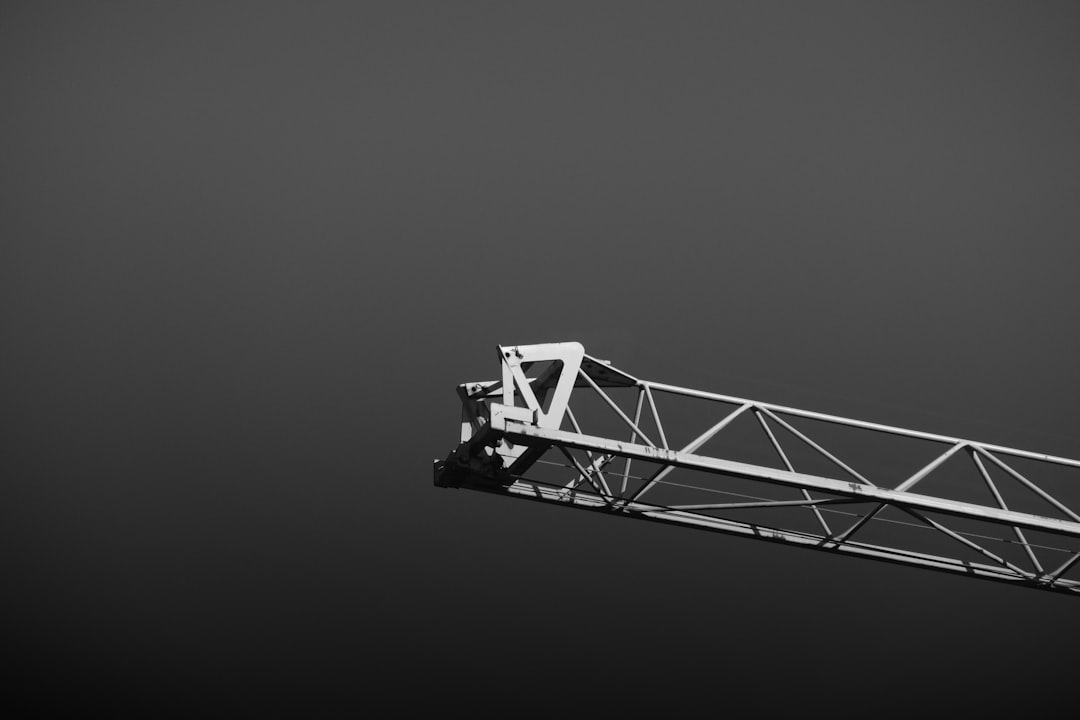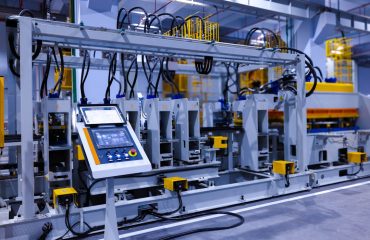Modular steel system solutions are revolutionizing the construction industry, offering a compelling alternative to traditional building methods. Their inherent flexibility, speed of construction, and cost-effectiveness are driving their adoption across various sectors, from industrial facilities to commercial spaces and even residential projects. This comprehensive guide delves into the key aspects of these innovative systems, exploring their benefits and applications.
1. Design Flexibility: Tailoring Steel Systems to Your Needs
One of the most significant advantages of modular steel systems is their unparalleled design flexibility. Unlike traditional construction, where design changes can be costly and time-consuming, modular steel allows for significant customization. Pre-engineered components can be easily adapted to meet specific requirements, whether it’s altering the size, shape, or functionality of a building. This flexibility extends to incorporating various architectural styles and finishes, ensuring the final structure seamlessly integrates with its surroundings. Furthermore, the ability to easily add or remove modules allows for future expansion or modification, making these systems highly adaptable to changing needs over time. This adaptability is particularly crucial for businesses anticipating growth or those needing to respond to evolving market demands.
2. Cost-Effectiveness: Streamlining Construction with Modular Steel
Modular steel systems offer significant cost savings compared to traditional construction methods. The prefabrication process, taking place in a controlled factory environment, reduces labor costs, material waste, and on-site construction time. This efficiency translates directly into lower overall project expenses. Furthermore, the precision of prefabrication minimizes errors and rework, further contributing to cost savings. The reduced construction time also means faster project completion, allowing businesses to start operations sooner and generate revenue more quickly. This accelerated timeline also minimizes financing costs and potential delays associated with weather or labor shortages, further enhancing the cost-effectiveness of modular steel solutions.
3. Speed of Construction: Accelerated Project Delivery with Modular Systems
The prefabricated nature of modular steel systems dramatically accelerates construction timelines. While traditional construction involves sequential processes that often overlap, modular construction allows for parallel workstreams. Modules are fabricated concurrently, and once ready, they are swiftly transported and assembled on-site. This parallel approach significantly reduces the overall construction time, often by 30-50% compared to traditional methods. This speed is a critical advantage for businesses eager to occupy their new facilities quickly, minimizing downtime and maximizing operational efficiency. The accelerated delivery also minimizes disruption to surrounding areas, making modular steel a suitable solution for projects in densely populated urban environments.
4. Sustainability: Eco-Friendly Construction with Modular Steel
Modular steel systems offer a sustainable approach to construction. The precision of prefabrication minimizes material waste, reducing the environmental impact associated with construction debris. Steel itself is a highly recyclable material, contributing to the overall sustainability of the system. Furthermore, the controlled factory environment reduces the amount of energy consumed during construction, minimizing the carbon footprint. Many modular steel solutions also incorporate sustainable building materials and design principles, such as energy-efficient windows and insulation, further enhancing their environmental credentials. The ability to easily adapt and repurpose modules contributes to the longevity of the structures, reducing the need for demolition and new construction in the long term.
5. Applications and Versatility: Modular Steel Across Diverse Industries
Modular steel system solutions find applications across a wide range of industries and project types. Their versatility makes them suitable for:
- Industrial buildings: Warehouses, factories, and manufacturing plants benefit from the strength, durability, and flexibility of modular steel.
- Commercial buildings: Offices, retail spaces, and restaurants can be efficiently constructed using modular steel, offering design flexibility and cost-effectiveness.
- Residential buildings: Modular steel is increasingly used in the construction of apartments, townhouses, and even single-family homes, providing a fast and efficient building process.
- Educational facilities: Schools and universities can leverage modular steel to create adaptable learning spaces that can be easily expanded or reconfigured as needed.
- Healthcare facilities: Modular steel can be used to construct temporary or permanent healthcare structures, providing a rapid response to healthcare needs in emergency situations or for expanding existing facilities.
The adaptability of modular steel systems allows them to meet the unique requirements of each project, making them a truly versatile construction solution.
In conclusion, modular steel system solutions offer a compelling combination of design flexibility, cost-effectiveness, speed of construction, and sustainability. Their versatility makes them suitable for a wide range of projects, driving their increasing adoption across various industries. By embracing this innovative approach to construction, businesses and organizations can unlock significant advantages in terms of efficiency, cost savings, and environmental responsibility.
SEO Tags:
- Modular Steel
- Prefabricated Steel Buildings
- Steel System Solutions
- Modular Construction
- Sustainable Steel Buildings




